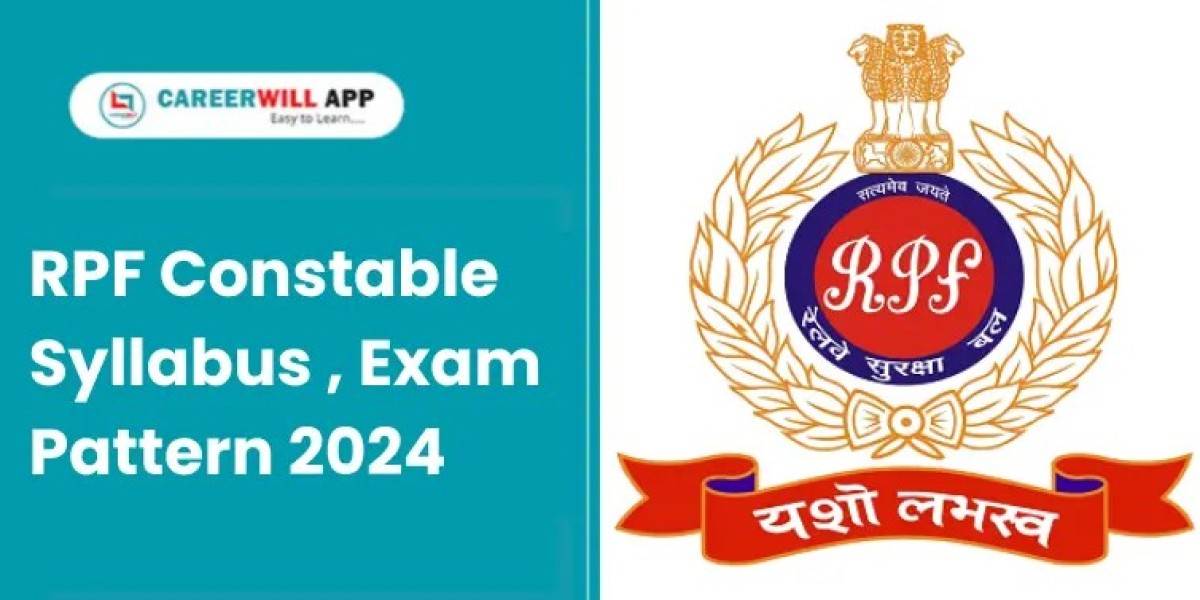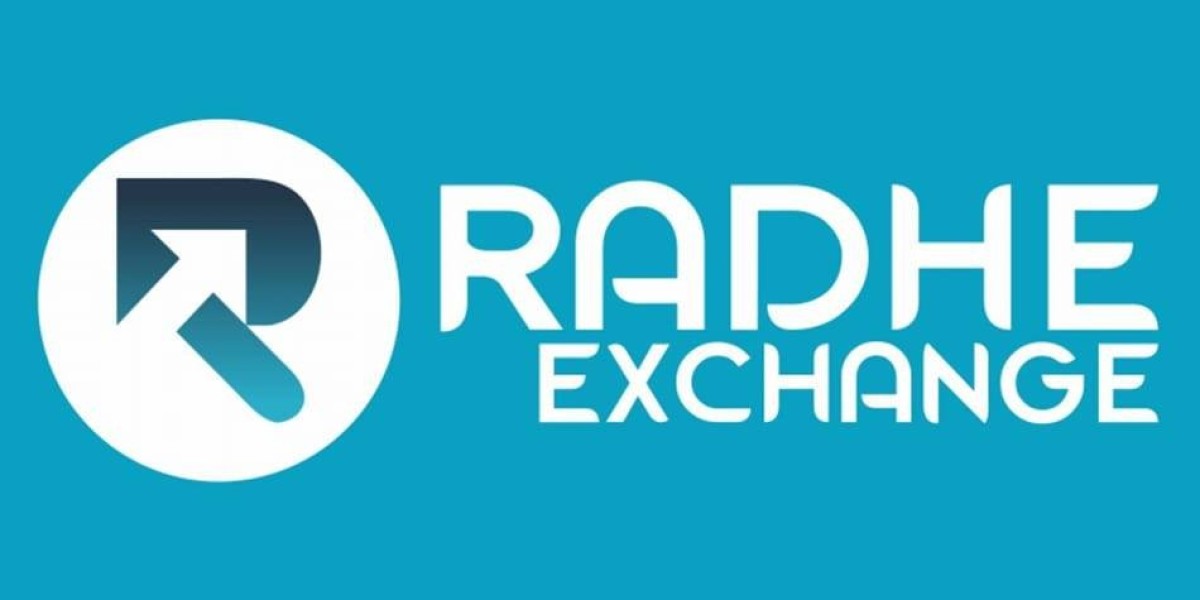The Staff Selection Commission (SSC) Multi-Tasking (Non-Technical) Staff (MTS) examination is conducted to recruit candidates for various Group ‘C’ non-gazetted, non-ministerial posts in different ministries, SSC MTS Syllabus departments, and offices of the Government of India. To succeed in the SSC MTS exam, it is crucial to understand its syllabus and exam pattern thoroughly.
Exam Pattern Overview
The SSC MTS exam is conducted in two stages:
Paper-I (Computer-Based Test)
Physical Efficiency Test/Physical Standard Test (only for Havaldar post)
Paper-I is an objective-type online examination consisting of four subjects:
General Intelligence & Reasoning
Numerical and Mathematical Ability
General Awareness
English Language and Comprehension
Each section is designed to test different skill sets of the candidates.
Detailed SSC MTS Syllabus
1. General Intelligence & Reasoning
This section assesses logical thinking and problem-solving ability. Topics include:
Classification
Analogy
Coding-Decoding
Matrix
Word Formation
Venn Diagram
Direction & Distance
Blood Relations
Series (Number, Alphabetical & Alpha-Numeric)
Non-Verbal Reasoning (Mirror Image, Paper Folding, Embedded Figures, etc.)
Verbal Reasoning
Candidates should focus on practicing different types of reasoning questions to improve speed and accuracy.
2. Numerical and Mathematical Ability
This section checks basic arithmetic and mathematical skills. Important topics are:
Number System
Simplification
Decimals and Fractions
LCM and HCF
Ratio and Proportion
Percentage
Average
Profit and Loss
Discount
Simple and Compound Interest
Time and Work
Time, Speed and Distance
Mensuration
Geometry
Statistics and Data Interpretation
A strong foundation in basic maths will help in solving problems quickly.
3. General Awareness
This section tests candidates’ knowledge of current events and general knowledge. Key topics include:
Indian History
Indian Polity
Geography
Economics
General Science (Physics, Chemistry, Biology)
Awards and Honors
Books and Authors
Important Dates and Events
Sports
Art and Culture
Static GK
Current Affairs (National and International importance)
Reading newspapers, magazines, and reliable online resources regularly will enhance performance in this section.
4. English Language and Comprehension
This section evaluates understanding of the English language, grammar, and vocabulary. Topics covered are:
Spotting Errors
Fill in the Blanks
Synonyms and Antonyms
Idioms and Phrases
One Word Substitution
Sentence Improvement
Active and Passive Voice
Direct and Indirect Speech
Cloze Test
Reading Comprehension
Practicing reading comprehension and grammar exercises is essential to score well.
Physical Test (for Havaldar post)
In addition to Paper-I, candidates applying for the Havaldar post must clear the Physical Efficiency Test (PET) and Physical Standard Test (PST) as prescribed by SSC.
Conclusion
The SSC MTS syllabus is designed to test candidates’ basic academic skills, general knowledge, and reasoning ability. With proper understanding of the syllabus and dedicated practice, candidates can perform well in the examination. It is advisable to solve previous years’ question papers and take mock tests regularly to improve speed, accuracy, and confidence.
Good preparation, time management, and consistency are the keys to cracking the SSC MTS exam.








